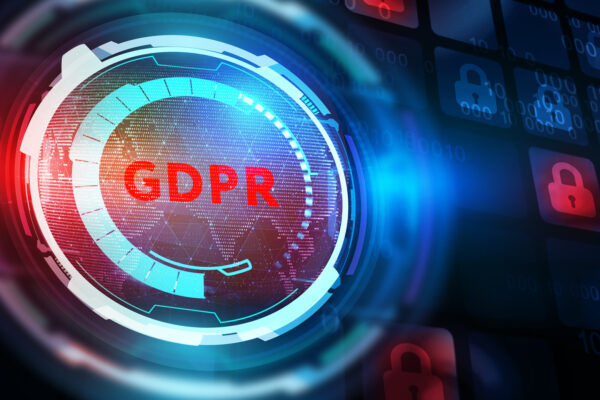Navigating the New Data Protection Bill: Key Considerations for Schools
Introduction:
As Data Protection Officer (DPO) in the education sector, it is my duty to keep you informed about the latest developments in data protection. Today, I’d like to highlight the implications of the new Data Protection Bill and how it may impact schools and other educational settings. This legislation brings certain changes to how educational institutions handle personal data, aiming to ensure enhanced privacy and security for students, staff, and parents alike.
- Strengthening Data Protection Measures:
The Data Protection Bill introduces more stringent measures to safeguard personal data. Schools should review and prioritise the implementation of robust security measures, including encryption, firewalls, and secure data storage. By doing so, schools can protect sensitive information from unauthorised access, loss, or misuse. Strengthening data protection measures enhances the trust between schools and their stakeholders, assuring them that their personal data is handled with the utmost care.
- Emphasizing Consent and Transparency:
The new Bill places a significant emphasis on informed consent and transparency in data processing. It is essential for schools to review their data collection practices and update their privacy policies accordingly When seeking consent, it is crucial to clearly explain the purpose, scope, and duration of data processing. This empowers individuals to make informed decisions regarding their personal information. By fostering regular communication with parents and students, schools can establish a culture of transparency and nurture trust. I am committed to reviewing the privacy notices over the coming weeks and and will review again when the Bill is enacted.
- Data Retention and Minimisation:
Educational institutions must adopt a structured approach to data retention and minimise the personal data they retain. It is crucial to review existing data repositories, ensuring that data is retained only for as long as necessary. Implementing data retention schedules not only helps schools comply with the new legislation but also streamlines data management practices. This promotes efficiency while reducing potential risks associated with unnecessary data retention. Excessive retention of email communication is an area I have highlighted over the last year and it will become more important that there is a policy in place around removal of messages from “in boxes”, “sent items” and “deleted items”.
- Respecting Student Rights and Privacy:
The Data Protection Bill emphasizes the rights of students as data subjects. It is essential for schools to recognise and respect these rights, which include the right to access, rectify, and delete personal data. Schools should implement mechanisms that enable students to exercise these rights easily. By doing so, schools promote transparency and empower students to take control of their personal information.
- Conducting Data Protection Impact Assessments (DPIAs):
DPIAs play a crucial role in identifying and mitigating potential privacy risks. Schools will now be required (rather than encouraged to conduct DPIAs for any high-risk data processing activities, such as using biometric data or implementing surveillance systems. By performing these assessments, educational institutions can proactively address privacy concerns, implement necessary safeguards, and demonstrate compliance with the law.
- Appointing a Data Protection Officer:
Under the Data Protection Bill, schools will also no longer be obliged to appoint a Data Protection Officer (DPO); instead, as public bodies, ” they will be required to designate a “senior responsible individual” who will be accountable for data protection compliance, ensures compliance, acts as a point of contact for data protection enquiries, and monitors the school’s data protection practices. A DPO by another name.
Conclusion:
The new Data Protection Bill represents a stride toward protecting personal data within educational institutions. By prioritising privacy and security, schools can foster an atmosphere of trust and compliance. Adhering to the key points discussed above, including stronger data protection measures, transparency, student rights, and conducting DPIAs, will enable schools to navigate the evolving data protection landscape effectively.
Of course, compliance with the Data Protection Bill is not a legal obligation until it becomes law. However, it is likely to do so and so will be an opportunity to build trust, promote transparency, and prioritise the privacy of everyone within your educational community. By working together, we can create a safe and secure environment where data protection is a fundamental pillar of education.






